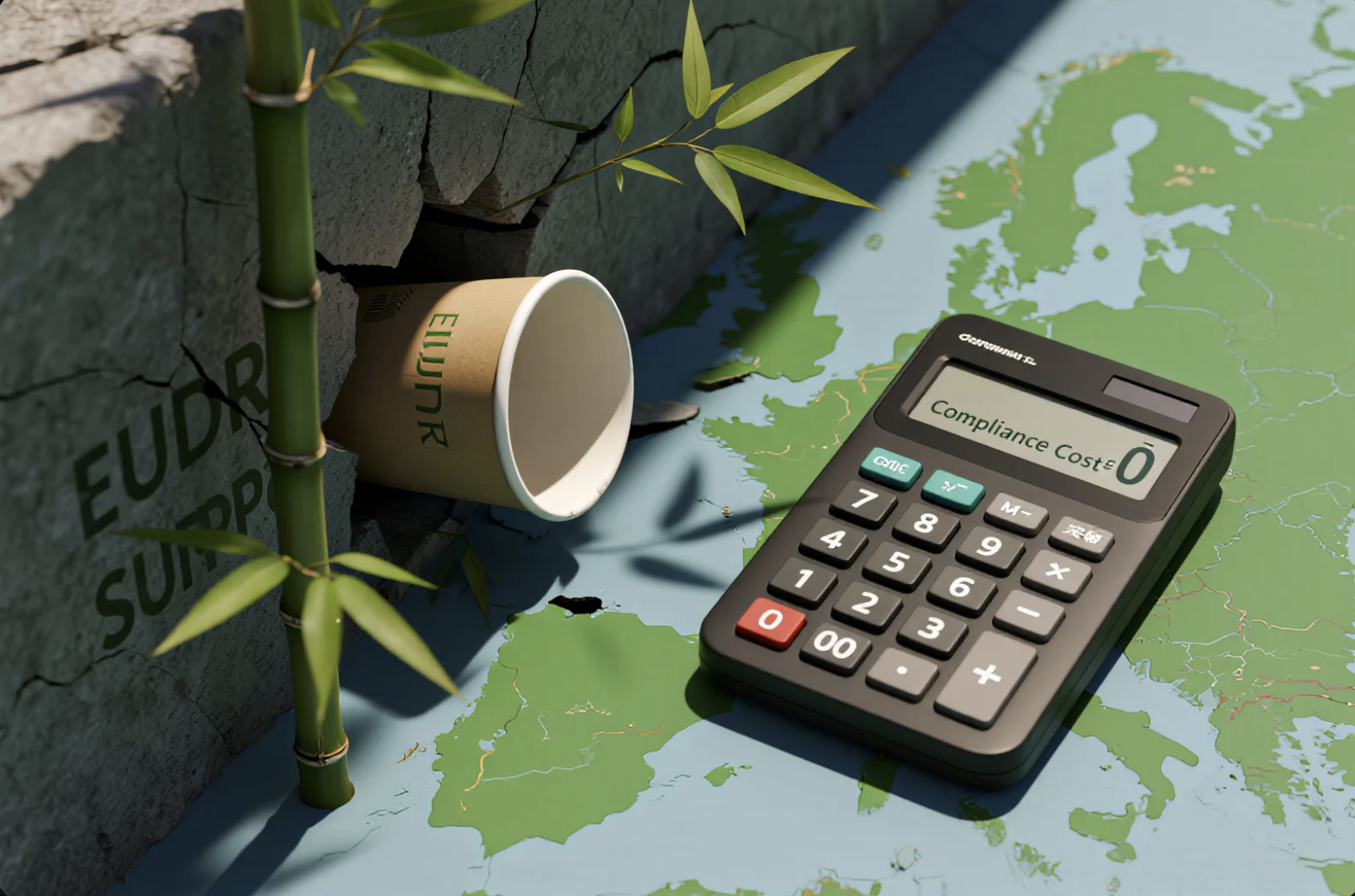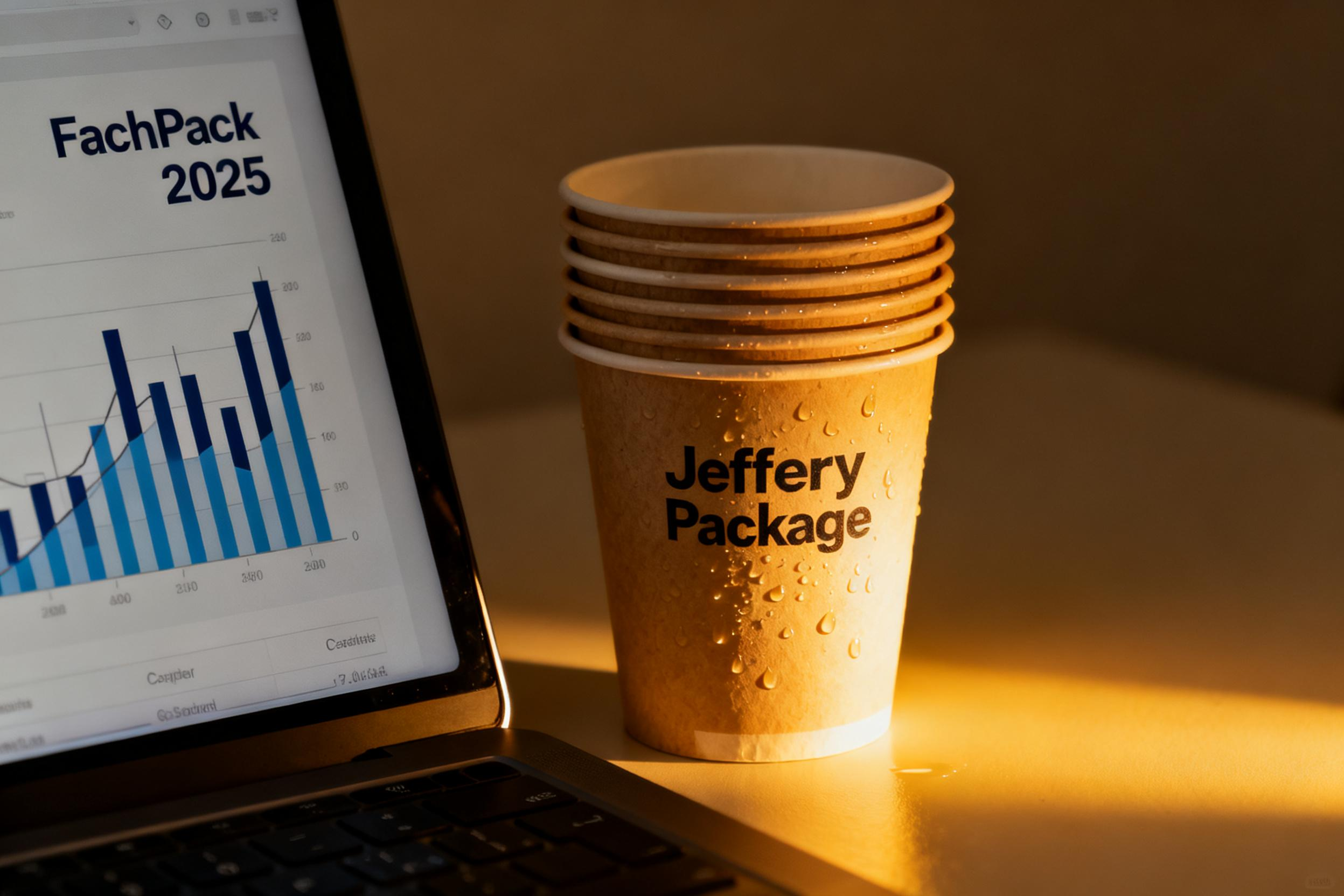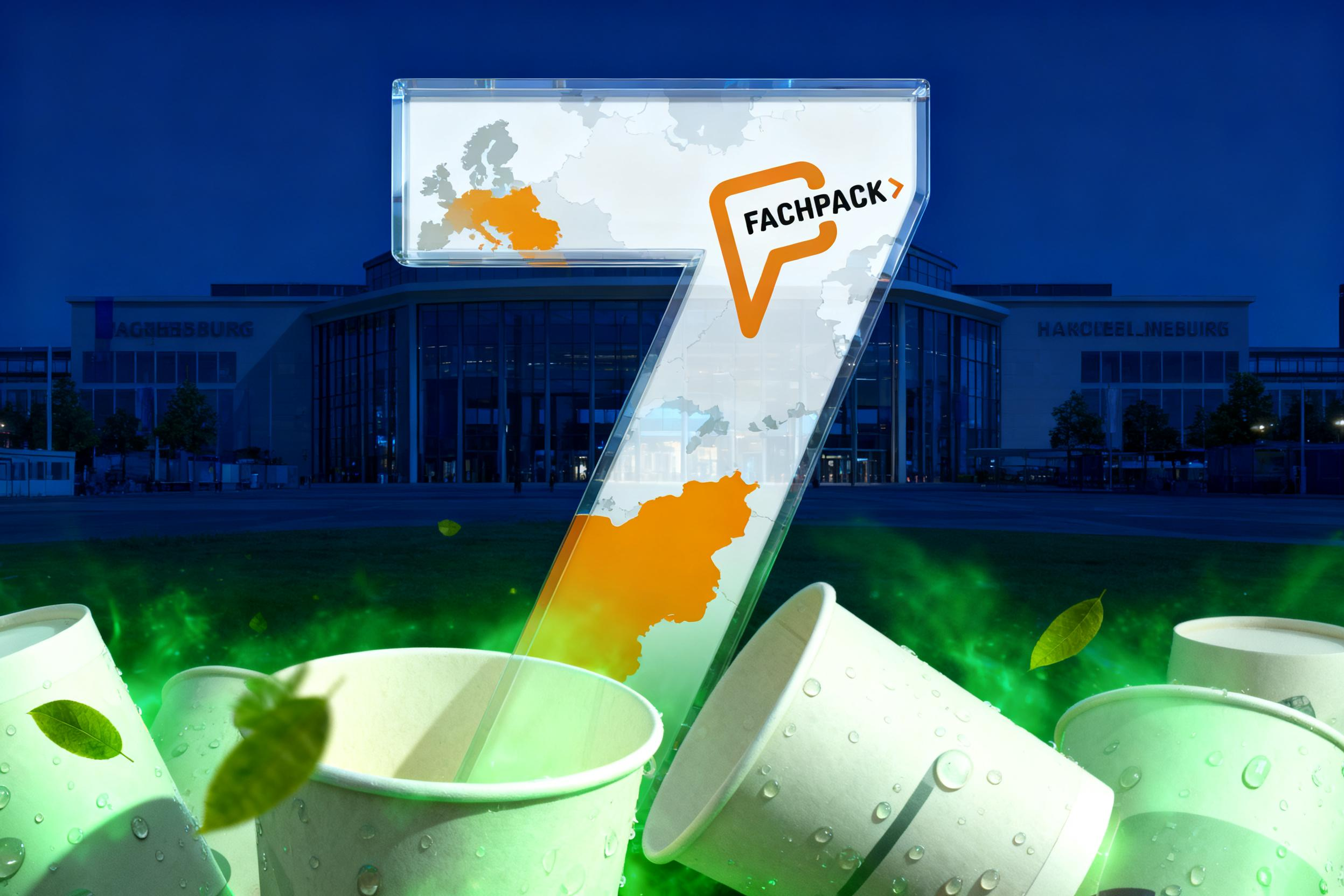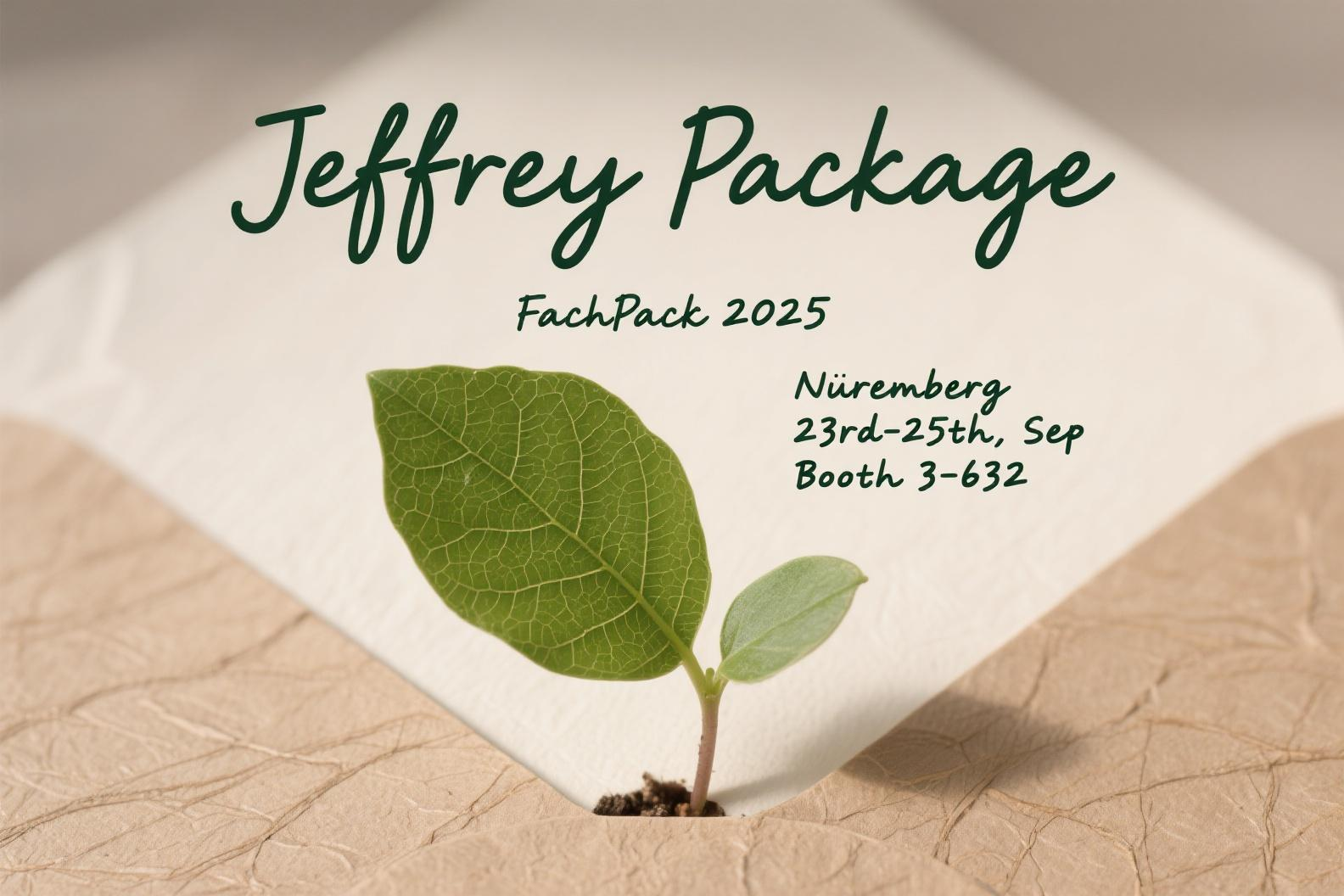The Dual-Compliance Revolution: How Bamboo Fiber Cups Solve EUDR & SUP Regulatory Challenges
The Looming Regulatory Storm
As EUDR (EU Deforestation Regulation) enforcement deadlines approach (December 2025), operators face unprecedented traceability burdens. Simultaneously, the EU’s Single-Use Plastics (SUP) Directive imposes escalating fees on plastic-containing packaging. For supply chain leaders, this creates a perfect storm of compliance costs and operational complexity.
The pain point: Traditional paper cups require exhaustive geotagging of wood origins under EUDR (Article 9), while plastic-lined variants face SUP fees up to €800/ton (Annex I).
Bamboo: The Unlikely Hero
Enter bamboo—nature’s regulatory loophole. As confirmed by EU Regulation 2023/1115 Article 2:
“Bamboo is classified as a non-forest material, exempt from EUDR’s deforestation due diligence.”
Jeffrey’s Bamboo Fiber Coating Cups leverage this exemption while tackling SUP compliance:
-
Base Material: 100% bamboo fiber (non-wood, zero forest origin tracing)
-
Coating: Water-based plant-derived barrier (certified plastic-free under SUP Annex I)
-
Degradation: 12-week industrial compostability (EN13432 certified)
Science-Backed Safety
Critics question bamboo’s food safety? Our lab results silence doubts. Please contact us for further test report.
The Business Case
Switching to bamboo isn’t just eco-conscious—it’s economically strategic:
Traditional PE Cup: EUDR Due Diligence Cost + SUP Tax
Jeffrey Bamboo Cup: €0 Compliance Cost + 38% Packaging Savings
Your Action Plan
-
Audit: Identify plastic-lined/EUDR-impacted items in your inventory
-
Test: Request free bamboo cup samples for migration testing
-
Transition: Phase in bamboo solutions before 2025 Q4 deadline
The bottom line: In the age of green regulation, bamboo isn’t an alternative—it’s the only logical choice.
Explore our EUDR-SUP ready collection → www.jfrpack.com





